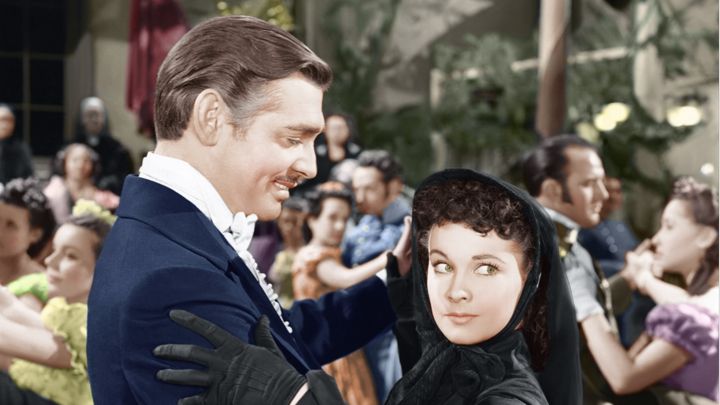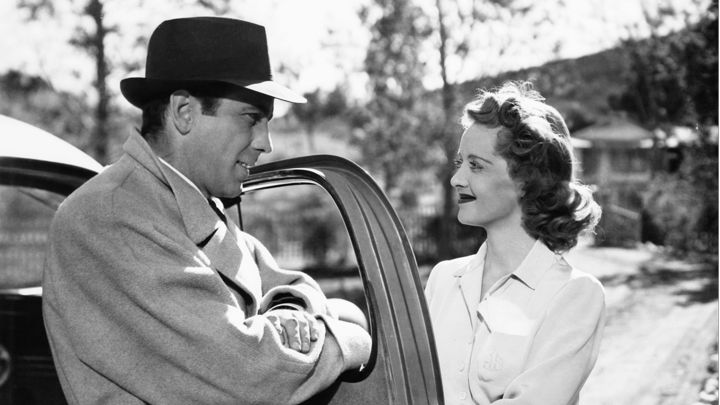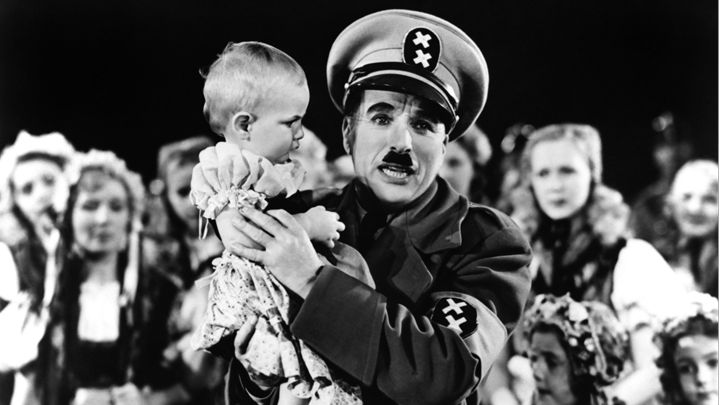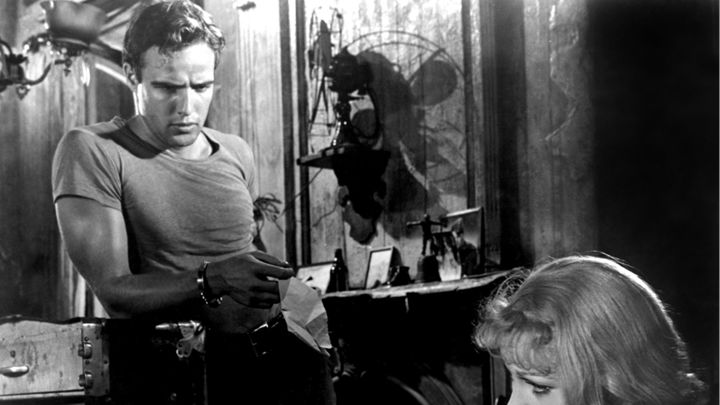Arguing about the Academy Awards is as much an American passion as watching the movies they honor. This year's 88th installment is no exception, and for outside-the-multiplex reasons that go beyond whether The Revenant is better than, say, The Big Short. But some years, Oscar gets it very, very right. We've gone through nine decades of history and selected the finest "Murderers' Row" lineups of nominees for each of the five major categories - Best Picture, Best Director, Best Actress, Best Actor, Best Supporting Actress, and Best Supporting Actor. Consider this the Oscar for Best Oscars.
Best Picture, 1939

Everett Collection
Dark Victory, Gone With the Wind (winner), Goodbye, Mr. Chips, Love Affair, Mr. Smith Goes to Washington, Ninotchka, Of Mice and Men, Stagecoach, The Wizard of Oz, Wuthering Heights
At the height of Hollywood's Golden Age, no year glittered more than 1939. Its Best Picture slate is wall-to-wall masterpieces of the studio system, two of which - the beloved musical fantasy The Wizard of Oz and the Oscar-winning epic of Lost-Cause revisionism Gone With the Wind - continue to embody the whole idea of old-school movie magic. Other entrants provided career-highlight showcases for their stars (see Bette Davis in Dark Victory), helped define the heroic ideal for public servants (Mr. Smith Goes to Washington's courageous politician and Goodbye, Mr. Chips' kindly British schoolteacher), elevated a genre to an art form (Stagecoach), and showed that literary adaptations could do justice to their source material (Of Mice and Men, Wuthering Heights). Put it all together and it's an argument for why movies mattered so much to so many.
Best Actress, 1939

Everett Collection
Bette Davis (Dark Victory), Irene Dunne (Love Affair), Greta Garbo (Ninotchka), Greer Garson (Goodbye, Mr. Chips), Vivien Leigh (Gone With the Wind - winner)
Okay, so Judy Garland was robbed for Oz. That glaring oversight aside, it's hard to argue with the sheer star power involved in this Best Actress slate, involving the leads in fully five of the 10 Best Picture nominees. Iconic actresses like Greta Garbo, Bette Davis, and especially Gone With the Wind's winner Vivien Leigh ("As God is my witness, I'll never be hungry again!") showed how indispensable they were to the success of their films. Leigh's GWtW castmate Hattie McDaniel proved a similar point - and made history as the first African-American to win an Oscar - when she earned Best Supporting Actress that same year.
Best Actor, 1940

Everett Collection
Charlie Chaplin (The Great Dictator), Henry Fonda (The Grapes of Wrath), Raymond Massey (Abe Lincoln in Illinois), Laurence Olivier (Rebecca), James Stewart (The Philadelphia Story - winner)
Remember the titans. Between the great Shakesperean's turn as a mysterious widower in an early Hitchcock classic, an emblematic everyman in a fantastic Steinbeck adaptation, a comic icon's most affecting role in his anti-Nazi satire, and the lanky legend's delightful romcom romping with Katharine Hepburn and Cary Grant, 1940 was an abundance of riches. (Even Raymond Massey's image-defining turn as the future Great Emancipator is worth honoring.) In the end the award went to Stewart, though with 75 years of historical hindsight it's all but impossible to watch Chaplin's astonishing climactic cri de coeur and not pull for him in retrospect.
Best Actor, 1951

Everett Collection
Marlon Brando (A Streetcar Named Desire), Humphrey Bogart (The African Queen - winner), Montgomery Clift (A Place in the Sun), Arthur Kennedy (Bright Victory), Fredric March (Death of a Salesman)
Brando and Bogart would compete for the gold again, but this first meeting feels like the changing of the guard. Though the grizzled Golden-Age star took home the trophy (his first and only win) for his romantic adventure with Katharine Hepburn, the Method actor's indelible, animalistic turn as Stanley Kowalski marked the moment a star (or perhaps a "Stella!!!!") was born. Brando would be nominated again in 1952 and 1953 before winning for On the Waterfront in 1954, a hot streak that only Al Pacino would equal among actors (though Bette Davis and Greer Garson topped him with five straight nods).

